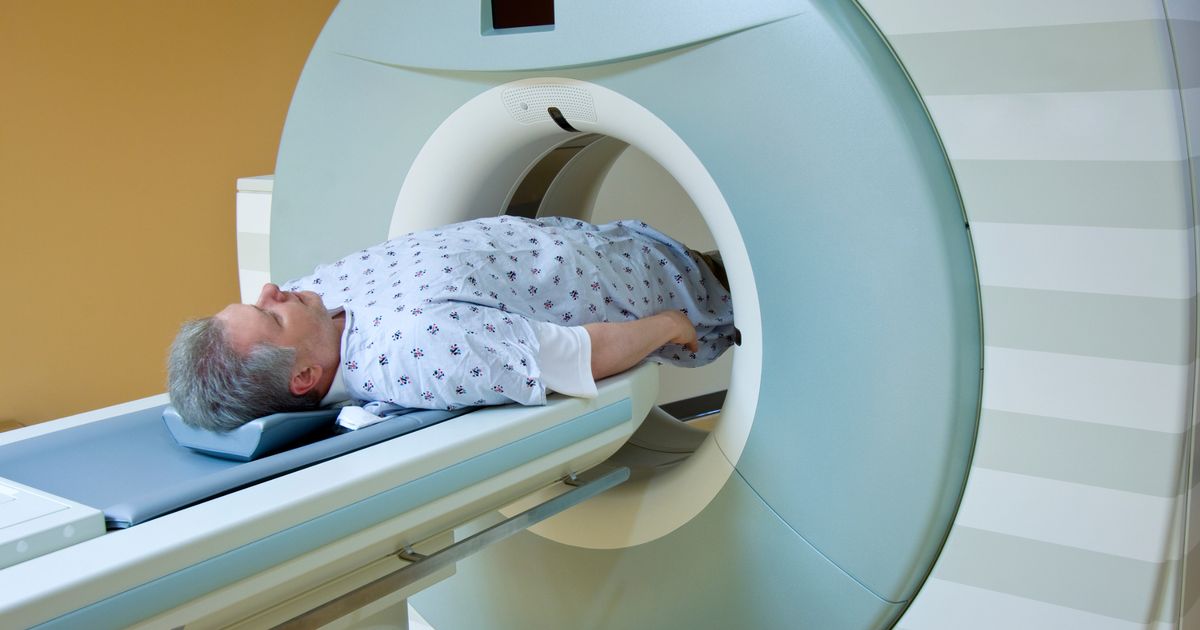Guide To Diagnosing And Treating Brain Cancer
Brain cancer is the term used to describe a malignancy in an individual's brain tissues. Mutations in cellular DNA cause the cells to multiply out of control and grow into a tumor. Cancer from other parts of the body can spread to the brain and cause what is known as metastatic brain cancer or brain metastasis. Some cancers of the brain do not produce any noticeable symptoms until it is in an advanced stage.
Symptoms that do occur in brain cancer patients are the result of the tumor encroaching or compressing other structures in the brain and stopping them from healthy function. Symptoms are also caused by brain swelling that results from the tumor or inflamed surrounding tissues. Weakness, walking difficulties, headache, clumsiness, and seizures are symptoms of brain cancer.
CT And MRI Scans

A doctor may utilize diagnostic imaging technology such as CT scans and MRI scans to assist them with making a brain cancer diagnosis. An MRI is a type of diagnostic imaging that utilizes magnetic fields to create detailed images of the structures in a patient's body. Before the MRI scan, the patient is injected with a special dye to provide greater accuracy of the location, size, and shape of the brain tumor. A CT scan is different than an MRI because it utilizes numerous x-rays taken from varying angles to develop a three-dimensional image of the brain and tumor.
A contrast medium is also administered before taking CT scans of the brain. MRI scans can provide greater detail and a more accurate depiction of the brain and tumor than CT scans. However, CT scans are beneficial in uncommon cases where a patient has a pacemaker or cannot undergo an MRI for other reasons. Depending on the location and extent of the brain tumor, MRIs and CT scans may be taken of the patient's brain, spinal cord, or both. These imaging techniques are useful when it comes to the diagnosis and staging of brain cancer.
Routine Lab Tests

An individual with brain cancer may be diagnosed using several tools, including routine lab tests on their blood, cerebral spinal fluid, and urine. Certain types of malignant tumors that form in an individual's brain can cause dramatic changes in hormone levels that can be detected with lab tests. These types of tumors include those in an individual's pineal region, pituitary gland, and germ cell tumors.
Routine lab tests are performed on a patient's blood to help establish their general health and baseline before implementing other diagnostic procedures, such as a brain tissue biopsy. These tests give the doctor an idea of the quality and quantity of the patient's red blood cells, white blood cells, and platelets. Routine lab tests on the blood and urine also provide the doctor with a general idea of how other organs are functioning, such as the kidneys, liver, and heart. A doctor may order a spinal tap to make sure the patient's brain cancer has not spread into their spinal tissues.
